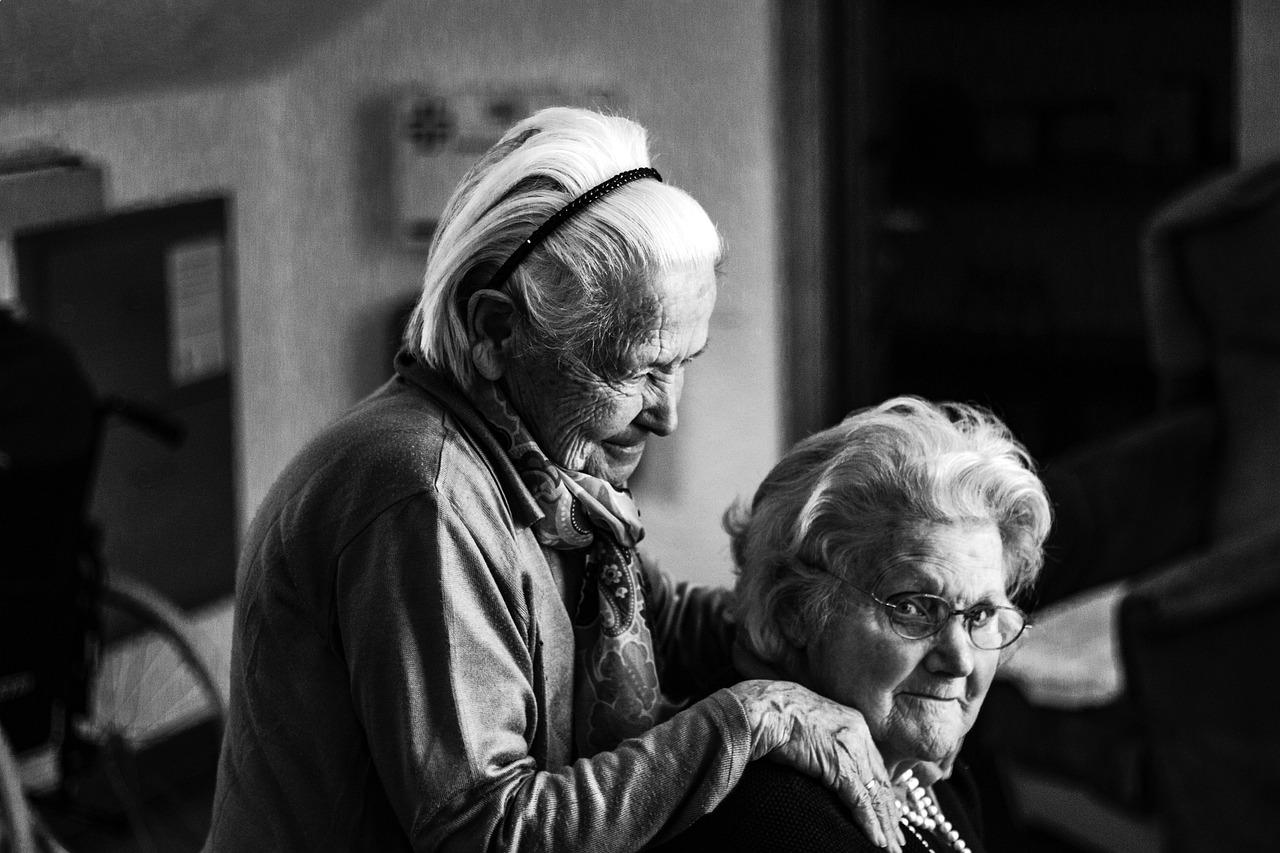
As individuals age, they often face challenges that require additional support and care. Home care services have emerged as a crucial resource for seniors, offering personalized assistance and companionship in the comfort of their own homes. These services go beyond mere caregiving, fostering a sense of independence and enhancing the overall quality of life for seniors.
One of the key benefits of home care services is the individualized attention provided to seniors. Trained and compassionate caregivers offer assistance with activities of daily living, such as bathing, dressing, and meal preparation. They also provide medication reminders and help with mobility, ensuring seniors can maintain their independence while receiving the necessary support.
Companionship is another invaluable aspect of home care services. Seniors often experience feelings of loneliness and isolation, especially if they live alone or have limited social interaction. Home care providers offer friendly companionship, engaging seniors in conversations, games, or hobbies. This companionship not only alleviates loneliness but also helps stimulate cognitive function and emotional well-being.
Moreover, home care services can be tailored to meet the unique needs and preferences of each senior. Caregivers can assist with specific tasks, such as grocery shopping, transportation to medical appointments, or even accompanying seniors on social outings. This personalized approach ensures that seniors receive the exact level of support they require, promoting their comfort and satisfaction.
Safety is another crucial aspect of home care services. Caregivers are trained to identify and mitigate potential hazards within the home, reducing the risk of accidents or falls. They can also monitor seniors' health conditions and communicate any concerns to family members or healthcare professionals, ensuring early intervention and prompt medical attention, if needed.
In summary, home care services play a vital role in providing assistance and companionship for seniors. They enable individuals to age gracefully and maintain their independence while receiving the necessary support to enhance their quality of life. With personalized care, companionship, and a focus on safety, home care services offer a valuable resource for seniors and their families.